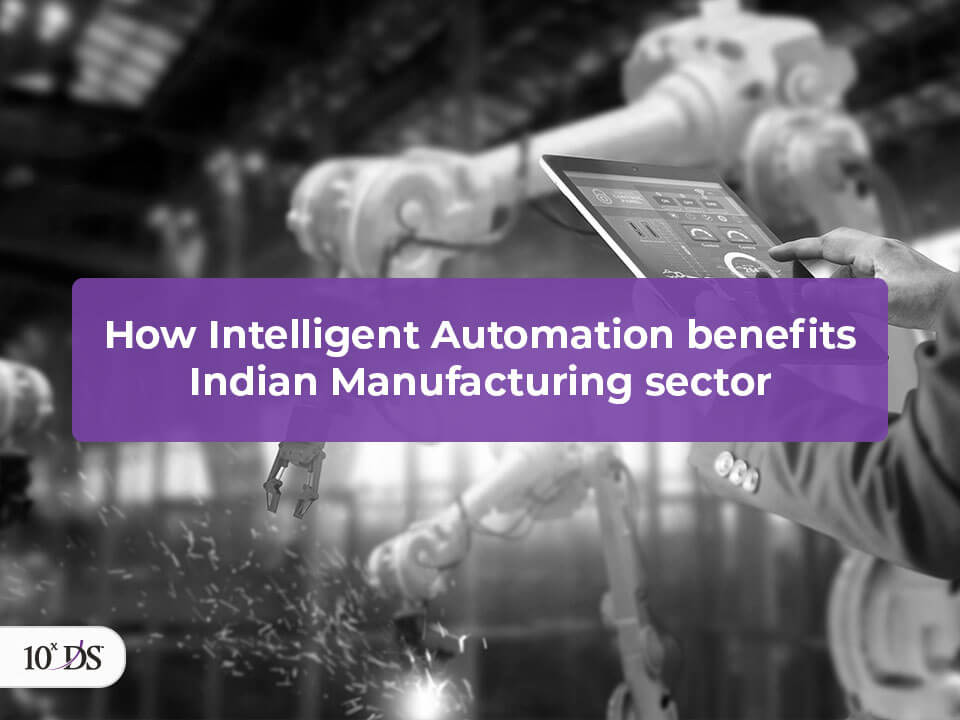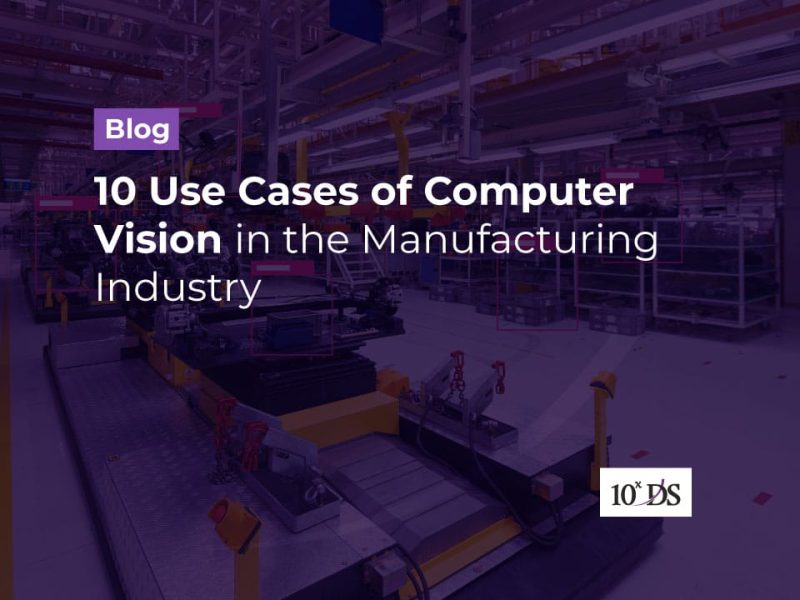
How Intelligent Automation benefits Indian Manufacturing sector
India Inc. finds it challenging to compete with the leading exporting nations mostly in terms of price. It believes that the quantum of incentives extended by competing nations is higher, so the manufacturing sector continues to look for government support to create an enabling ecosystem to provide them with a level playing field.
Source: PwC India Manufacturing Barometer 2019
Seeking Government intervention may not be a viable option always hence companies need to focus on technology integration, innovation and backward integration to increase competitiveness.
Manufacturing for many years has been governed by conventional automation or mechanical processes but Intelligent automation using RPA technologies, AI and Advanced Analytics offer manifold benefits. Companies investing in building data analytics and AI capabilities will be able to derive meaningful insights that will enable them to achieve effectiveness and agility in their manufacturing processes. Key differentiation will be the ability to analyse and integrate data in manufacturing to take predictive and autonomous decisions.

Source: 10xDS
Key Processes ideal for Automation in the Manufacturing sector
1. Procure to Pay
If you take any manufacturing activity, it requires procuring raw materials and other goods. Managing this process would require dedicated teams performing vendor assessment, updates in ERP, Purchase Orders, Good receipts, invoicing and payments. Having RPA with its numerous benefits at the organization’s disposal, the P2P processes that are already existing in the ERP will become touchless, leaving only negotiation and decision making to humans. Benefits of RPA implementation in P2P will not only include productivity improvements but also reduce the turnaround time of completing tasks. This improves accuracy and hence rework and operating costs come down.
Read: How RPA transforms Procure to Pay process
2. Inventory Management
Inventory control is the core of Manufacturing Supply Chain. Inventory levels need to be monitored by manufacturers and suppliers in order to see if they have enough inventory to meet customer demands. Scheduling replenishments also require continuous monitoring as warehouse space availability also need to be considered. We can leverage software bots to regularly check vehicle tracking systems and websites and retrieve the inventory status. Bots can be configured to match the data to the original order in the warehouse management system for better tracking and faster responses to customer inquiries. If the stock is at a certain level, replenishment orders can be triggered by the bots
3. Regulatory clearance
Export of manufactured goods and import of raw materials are heavily regulated and requires a lot of documentation, especially for cross-border voyages. Operations teams are needed to carry out immigration clearances, checking bills of lading, updating authorities for incoming and outgoing vessels, declaration of cargo, etc. These are time-consuming processes. Since there is clear and set rules and logic for each of the processes, they can be automated and made efficient with the help of Intelligent Automation. For example, each truck passing into a country the load must be registered on the country’s custom portal. This can be fully automated using RPA and Bots can be configured to update Transportation Management Systems in near real-time.
4. Reconciliations
Detailed heavy reconciliation and high-volume reconciliation are some of the most time-consuming and painful areas in manufacturing. Energizing a bot reconciles millions of transactions in minutes by getting into multiple systems. Automation can stop the insanity of ticking and binding spreadsheets manually and refocus the efforts on investigating discrepancies. Bots generate report of matched and unmatched transactions rapidly across many transactions like bank to GL, Credit card, Accounts receivables etc.
Conclusion
Manufacturing companies in India are always burdened with labor-intensive, manual process, creating problems in inventory control, managing several unpredictabilities in delivery against customer demand. Disruptive technologies like Intelligent Automation, AI and Analytics can help the companies to focus more on product innovation and core strengths instead of day-to-day repetitive tasks that are critical but mundane in nature. These technologies are key enablers for digital transformation initiatives within the manufacturing industry.
This is the right time for the manufacturing industry in India to bring in the best of data-driven digital transformation, empowering enterprises to augment human workflow and enhance performance and productivity. Talk to our Automation Experts to know more and jump on to the automation bandwagon.
